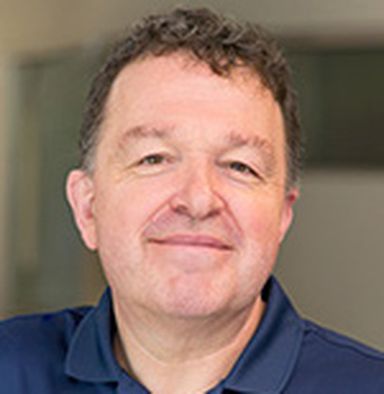
Three major trends -- involving cybersecurity, specialization and consolidated automation -- are driving the MSP market forward, according to Autotask CEO Mark Cattini.
In a recent interview with ChannelE2E, Cattini explained how the software company is helping MSPs and IT service providers (ITSPs) to monetize each of those trends. He also expressed optimism for Autotask's continued growth. The company has roughly 500 employees and expects to hit the 550 employee mark by year's end. Moreover, a series of product upgrades -- including a new user interface for Autotask's ticketing system, should arrive in the next few weeks.
Cattini calls it the "best product cycle" since Autotask unveiled its unified software platform in April 2016. It's a safe bet VP of Product Management Pat Burns will show off the enhancements during Autotask Community Live 2017, which is set for September in Miami, Fla.
While software R&D remains a major focus, the company also remains in the market for potential acquisitions. When I spoke with Cattini in June, he didn't have any specific deals to discuss. But more recently, Autotask was eying SpinPanel, a cloud cost management platform for Amazon Web Services, Microsoft Azure and more, sources told ChannelE2E. Autotask declined to comment about the SpinPanel rumors.
Overall, Autotask will remain a pure software company and doesn't plan to build any type of major reseller or distributor business. Though Cattini didn't mention rivals by name, the comment aims to reinforce Autotask's differentiation from ConnectWise, which distributes and resells a range of third-party products -- with a growing security push on the way.
Three Major MSP Trends
During our conversation, Cattini pointed to three major industry trends that are reshaping MSP businesses. The include:
In each case, Autotask it taking steps to address MSP needs. For instance, Autotask's unified platform now extends beyond RMM (remote monitoring and management) and PSA (professional services automation) to support endpoint backup and recovery -- a key requirement as partners battle ransomware on customer networks.
From WannaCry to Petya ransomware, Cattini has been on the road in front of customers during the recent malware outbreaks. In both cases, MSPs received a wake-up call -- often realizing that customer servers were backed up and endpoints were not. "Cloud is now the operating system and the entry points are endpoints," he asserts. "The least protected area typically involves anywhere a consumer or user can click on a phishing email."
To protect those endpoints, Autotask's unified platform (RMM, PSA, endpoint backup) allows partners to discover all endpoints on a network, determine which endpoints were most recently backed up, and pinpoint whether they're under the right contact, he says.
Competition: All About Architecture?
No doubt, Autotask faces competition from a range of companies -- including ConnectWise, Continuum, Kaseya and SolarWinds MSP. Several upstarts, particularly Atera, also are on the scene.
Still, the feature and function wars are largely over, Cattini asserts. Instead, true software differentiation now involves the underlying code and associated architecture. Cattini, predictably, likes Autotask's architecture best. And it sounds like the private equity-owned company has some more software surprises up its sleeve.
We'll be watching for the new ticketing R&D soon, and listening closely for any more rumors about potential Autotask investments, partnerships and outright acquisitions.




